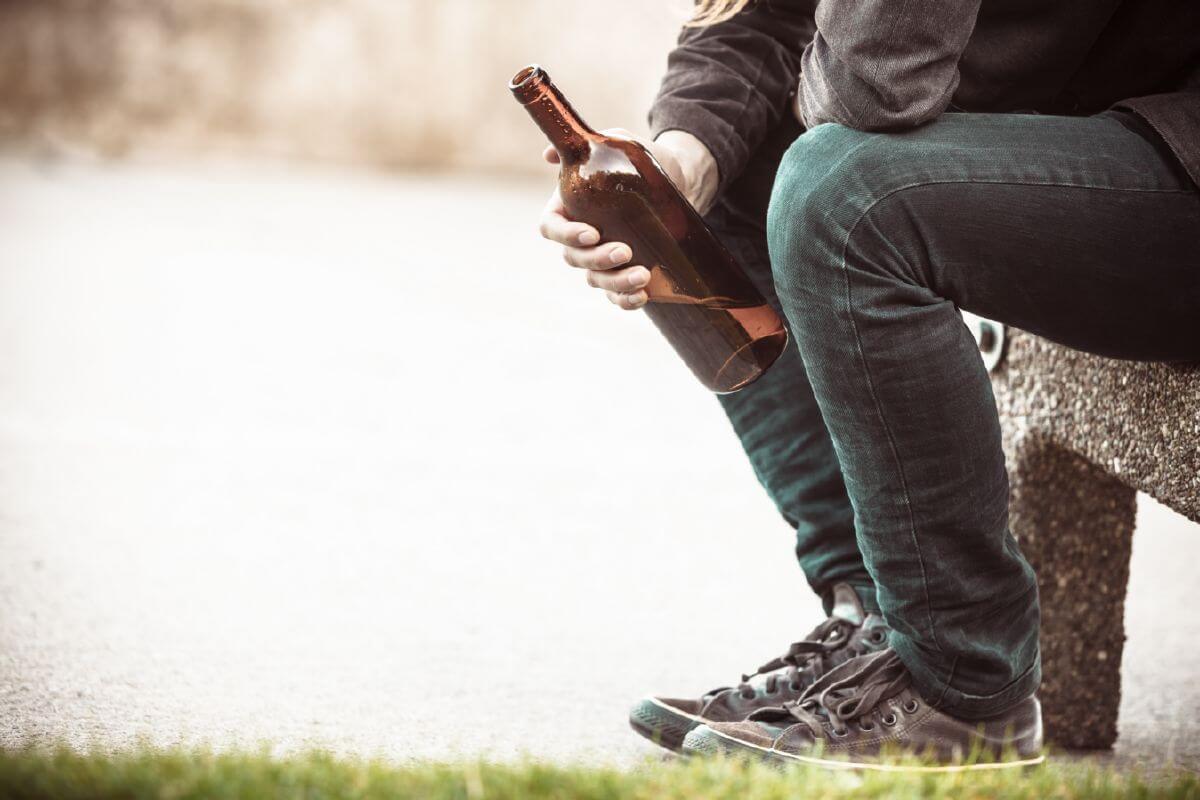Living Drug And Alcohol Free In Stoke Within Stoke Drug Rehab
Numerous people find that when looking forward to overcoming an addiction getting off the alcohol or other drugs is not the overwhelming part.

It is staying sober and living a life without substance abuse. There are a number of reasons for this and one among them is the fact that you now feel the pain that you have always been fleeing. Death in a family, abandonment, child abuse, as well as being a part of LGBT community in an unaccepting society can all cause this pain. However hard these situations are under normal circumstances, they are even more difficult if a person is in recovery from substance abuse as well.
Regardless of the genesis of your addiction to drugs and alcohol, once the habit takes root you will have very little chance of being competent at dealing with life issues and it will be almost impossible when you face trauma. Dealing with the issues that hide behind the addiction using methods such as problem-solving skills and coping methods may feel like something unattainable.
You may be flooded with an avalanche of painful emotions if you stop using alcohol or drugs, particularly after the long history of substance abuse. If you weren't ready for it, aren't sure what to do or what is going on, or if you think that being sober always feels like this, then it can be extremely overwhelming for you (and your family). This is why many people end up going back to drugs and alcohol even when they day the best intention. If the description given above sound familiar to you, it will be a good idea for you to get some support. Make an attempt to find the methods which can slow down the release of pent-up emotions as the pace will begin to feel manageable rather than overwhelming.
There are other people who slide into serious depression following withdrawal. You too might experience withdrawal if alcohol or drugs were boosting you.
Since you likely expected that life would become greater, this can not only feel forceful, but also demoralising. Well, don't give up. Things will get better.
At this point what is important to you is the right information about how the process works along with finding and keeping hope alive in you. At this point, you can get to find out about others who've made it through despite being in the position you're in. You need to know what to expect and what to look forward to in the moment and also in the next few days and weeks. There are many things that will change as soon as you regain your confidence and learn to love and respect yourself once again.

Keeping Away From Drugs And Alcohol Stoke Drug Rehab Says It Is Healthy
All the people are different and there are some approaches that often help while people recovering from alcohol or drugs don't all respond to the same therapeutic approach.
At the very start, as a coping method, many people need a very pragmatic and realistic one.
This means looking for practical methods to
- Identify and express your feelings
- Pace yourself and restrain overwhelming feelings
- Plan on setting boundaries with situations or individuals that may be detrimental to the progress of your recovery
- Take up the useful support offered by others
- Ask for help when you need it, most and that are why friends are available
- Understand problem solving techniques
- Learn to take care of yourselves by developing positive coping strategies
- Have in hand a plan of action to deal with any crisis
Taking a realistic approach helps you encourage the honesty which is an essential element of recovery. Being realistic doesn't mean to look at what sounds realistic but it means to look at what you can actually do. You can always push ourselves to do a little more without setting up yourselves for failure. You need to avoid making plans or decisions that are impossible and that will make you feel embarrassed if you can't accomplish them or even adhere to lying. Being realistic may mean that you work on some of your issues before quitting so that you may begin reducing your alcohol or drug use gradually. Or, that you simply quit. The right road to go is the one that suits you the most.
More intense and longer term therapy may be what you need to help you stay free of drugs or alcohol.
This can include dealing with emotional, sexual, physical or ritual abuse; feelings of a great loss, chronic disease or death; being left as a child; feeling embarrassed or unsure about your sexual orientation; being brought up in an alcoholic or similarly dysfunctional family, etc. In some cases it could mean dealing with current life situations such as an absent or abusive spouse.
It might be necessary to receive expert help from a psychotherapist (alone or in a group) since dealing with these problems is very hard. Many have to do this comprehensive work in order to stay sober, while others don't. Many people find the deeper issues are intimately connected and are the reason why they abused alcohol or drugs initially. The need to depend on drugs or alcohol can be relieved by looking at these issues.
Quitting alcohol or drugs is not easy and can be painful and is similar to dealing with painful issues, which usually hurt in the beginning before they get better. At the end of the day, if you're able to face these issues and come to feel differently about them, you may end up feeling much better about yourself and this can allow you to start living a healthier life.
It might be alluring to think that you can deal with your substance abuse just one way. The idea that there is a single solution that will work for anyone is tantalizing. However, life and human beings are never as simple as that. Many people have become alcohol and drug-free (and others who greatly reduced consumption) by different ways. Ultimately, you must be prepared to trust your intuition, which will be deep inside of you. Try the method that you feel will work. It could be your initial step to an addiction free life.
